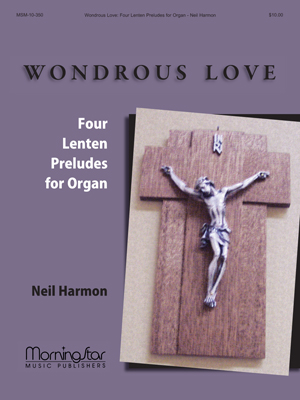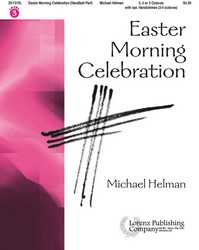- |
User Links
Friend of the Friendless

God of my life, to Thee I call
Author: William CowperPublished in 168 hymnals
Printable scores: PDF, MusicXMLAudio files: MIDI
Representative Text
1 God of our life, to thee we call,
afflicted at thy feet we fall;
when the great water-floods prevail,
leave not our trembling hearts to fail.
2 Friend of the friendless and the saint,
Where should we lodge our deep complaint?
Where but with thee, whose open door
invites the helpless and the poor?
3 Did ever mourner plead with thee,
and thou refuse that mourner’s plea?
Does not the Word still fixed remain,
that none shall seek thy face in vain?
4 Then hear, O Lord, our humble cry,
and bend on us thy pitying eye:
to thee their prayer thy people make,
hear us for our Redeemer's sake.
Source: CPWI Hymnal #468
Author: William Cowper
 William Cowper (pronounced "Cooper"; b. Berkampstead, Hertfordshire, England, 1731; d. East Dereham, Norfolk, England, 1800) is regarded as one of the best early Romantic poets. To biographers he is also known as "mad Cowper." His literary talents produced some of the finest English hymn texts, but his chronic depression accounts for the somber tone of many of those texts. Educated to become an attorney, Cowper was called to the bar in 1754 but never practiced law. In 1763 he had the opportunity to become a clerk for the House of Lords, but the dread of the required public examination triggered his tendency to depression, and he attempted suicide. His subsequent hospitalization and friendship with Morley and Mary Unwin provided emotional st… Go to person page >
William Cowper (pronounced "Cooper"; b. Berkampstead, Hertfordshire, England, 1731; d. East Dereham, Norfolk, England, 1800) is regarded as one of the best early Romantic poets. To biographers he is also known as "mad Cowper." His literary talents produced some of the finest English hymn texts, but his chronic depression accounts for the somber tone of many of those texts. Educated to become an attorney, Cowper was called to the bar in 1754 but never practiced law. In 1763 he had the opportunity to become a clerk for the House of Lords, but the dread of the required public examination triggered his tendency to depression, and he attempted suicide. His subsequent hospitalization and friendship with Morley and Mary Unwin provided emotional st… Go to person page >Text Information
| First Line: | God of my life, to Thee I call |
| Title: | Friend of the Friendless |
| Author: | William Cowper |
| Meter: | 8.8.8.8 |
| Language: | English |
| Copyright: | Public Domain |
Notes
God of my life, to Thee I call. W. Cowper. [Divine aid implored.] Published in the Olney Hymns, 1779, Book iii., No. 19, in 6 stanzas of 4 lines, headed, "Looking upwards in a storm," and signed "C." In the American Presbyterian Psalms and Hymns for the Worship of God, Richmond, 1867, No. 373, stanza ii.-iv., are given as, "Friend of the friendless and the faint"; but ascribed to "Newton," in error. In the Church Praise Book, N. Y., 1882, the same arrangement, with the addition of stanza vi., is .given as No. 467. The Society for Promoting Christian Knowledge Hymns, 1852, "God of our life, to Thee we call," is composed of stanzas i., ii., of this hymn, somewhat altered, and a third stanza from another source. In the Anglican Hymn Book, 1868, this hymn is again altered to, "My God, my Life, to Thee I call."
--John Julian, Dictionary of Hymnology (1907
========================
God of my [our] life, to Thee I [we] call, p. 435, ii. In Church Hymns, 1903, No. 288, the text of the 1st edition, 1871, is repeated in 5 stanzas of 4 lines, with the restoration of Cowper's original text in st. iv. This text of 1903 is also given in the 1904 ed. of Hymns Ancient & Modern instead of that of 1861; and is composed thus: st. i., Cowper, i. from No. 19, Book 3, of the Olney Hymns; ii., st. ii. from No. 18 in the same Book 3; iii. iv., from No. 19 as above, and st. v. by an unknown hand from the Society for Promoting Christian Knowledge Hymns, &c., 1852. Other arrangements of Cowper's text are found in recent hymn-books in Great Britain and America, the exact nature of which can be determined by reference to the Olney Hymns.
--John Julian, Dictionary of Hymnology, New Supplement (1907)


 My Starred Hymns
My Starred Hymns





